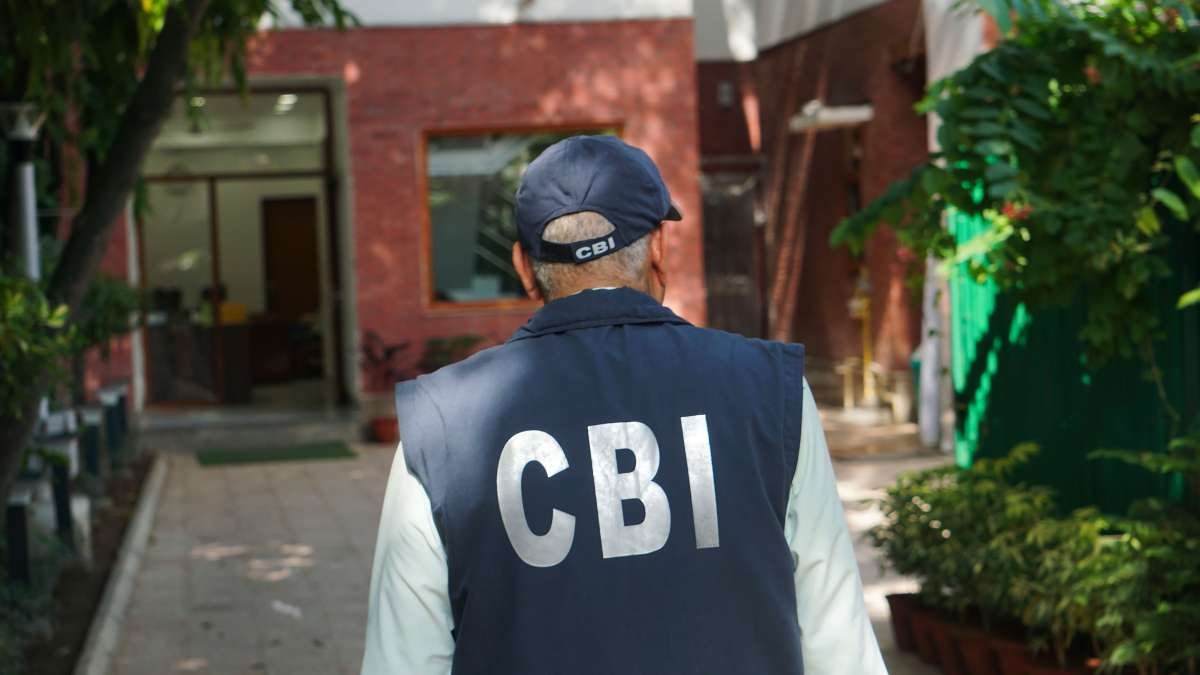A special CBI court has handed a five-year prison sentence to Ravinder Kumar Singla, a CBI inspector found guilty of extortion and abuse of power. Convicted of threatening a pharmaceutical firm into handing over a brand-new Honda City under the pretext of an official investigation, Singla’s case has become a grim reminder of corruption festering within institutions meant to fight it.
From Investigator to Intimidator: A Misuse of Power
In a damning indictment of internal corruption within India’s premier investigative agency, a special CBI court in Delhi sentenced Ravinder Kumar Singla, a Central Bureau of Investigation inspector, to five years of rigorous imprisonment for abusing his official position to extort a Honda City car from a pharmaceutical company in 2016.
The court found that Singla, entrusted with investigating crime, had himself become its perpetrator. In her sharply worded order, CBI Special Judge Alka Malik noted that the inspector’s actions reflected utmost disregard to the principles of honesty and fair play expected from a public servant.
The court imposed a ₹1 lakh fine on Singla and observed that corruption in public institutions had reached a “monstrous stage,” crippling democracy and betraying public trust. He deserves to be punished to deter like-minded public servants,” the judge emphasized, calling his conduct not only illegal but “daring.
ALSO READ: Call for Cyber Experts: Join FCRF Academy as Trainers and Course Creators
The Anatomy of a Brazen Extortion Plot
The case dates back to May 2016, when officials of Nectar Life Sciences Ltd, a pharmaceutical company in Chandigarh’s Sector 9, filed a complaint accusing Singla of coercion, extortion, and misuse of authority.
Singla allegedly arrived at the company office claiming his official vehicle had broken down and requested a car to travel to New Delhi on urgent official duty. The company, caught off guard by the senior official’s presence, hesitantly lent him a brand-new Honda City, which had been recently financed.
What followed was a textbook case of abuse of power. Singla failed to return the vehicle as promised. When the company followed up, he escalated the situation, threatening to implicate its officials in a CBI case, warning that defending themselves would take “years,” ruining the company’s image and operations. He reportedly suggested the car’s ownership be transferred to him or a relative, which the company resisted.
After repeated threats and non-return of the vehicle, the company lodged a formal complaint with the CBI. A probe revealed that Singla had no assignment or investigation related to the company. The vehicle was located in his possession, and call recordings corroborating the threats and demands were presented as key evidence during the trial.
The car had been used by the inspector from July 2015 to May 2016, with the company forced to cover routine maintenance and expenses under duress.
Judicial Rebuke and a Cautionary Verdict
The court’s ruling sends a sharp message to public servants, especially those in positions of investigation and enforcement. “Corruption by public servants is paralyzing the very institutions meant to serve the public,” Judge Malik observed. “This betrayal of public trust threatens the democratic fabric of our state.”
Special attention was given to the fact that the accused had been promoted to the post of Inspector in 2013, after joining the CBI in 2008. Yet instead of upholding the institution’s core values, Singla weaponized his badge for personal gain.
Public Prosecutor Narender Singh presented overwhelming evidence, including recovered recordings of coercive phone conversations, service records of the misused vehicle, and official testimony, leaving little room for doubt.
The court rejected all arguments of leniency and instead focused on the larger implications of the crime. By virtue of the Prevention of Corruption Act, 1988, all public servants are warned, said the court. “Corrupt public servants have to face very serious consequences.”


